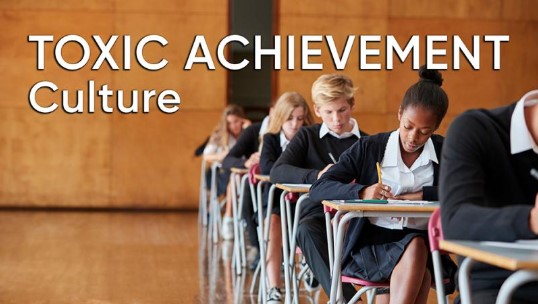Toxic achievement culture is a critical societal issue where an individual’s self-worth is entangled to their academic or extracurricular achievements. This culture is not merely about striving for success; it represents a deep-seated belief that a student’s value is solely dependent on their performance, often propelled by intense external pressures from parents, schools, and society. The concept of toxic achievement has recently been outlined in a book that sheds light on this phenomenon, highlighting the dark consequences of a culture obsessed with success.
Toxic achievement is becoming increasingly prevalent, characterised by excessive competition, unrealistic expectations, and a singular focus on results. This culture is also being aggravated by parental expectations, peer competition, a relentless comparison ethos, as well as being compounded by social media. It stems from a shift towards individualism where personal achievements are being equated with self-worth.
This relentless drive to excel is leading many students to prioritise accolades over genuine learning and personal growth, often at the expense of their own wellbeing and interpersonal relationships. Some students are overfilling their schedules with activities aimed to “get ahead”. However, the consequences are proving to be detrimental on students’ mental and physical health resulting in burnout and heightened stress levels.
As adult carers, we need to advocate for a more balanced and holistic approach to achievement, emphasising the importance of resilience, wellbeing, and the pursuit of diverse interests. There is nothing wrong with having ambition, but it’s crucial to ensure that this desire doesn’t push our young people into a toxic cycle of achievement and make them feel they must achieve in order to matter.
Please click here to read more articles relating to this topic.


